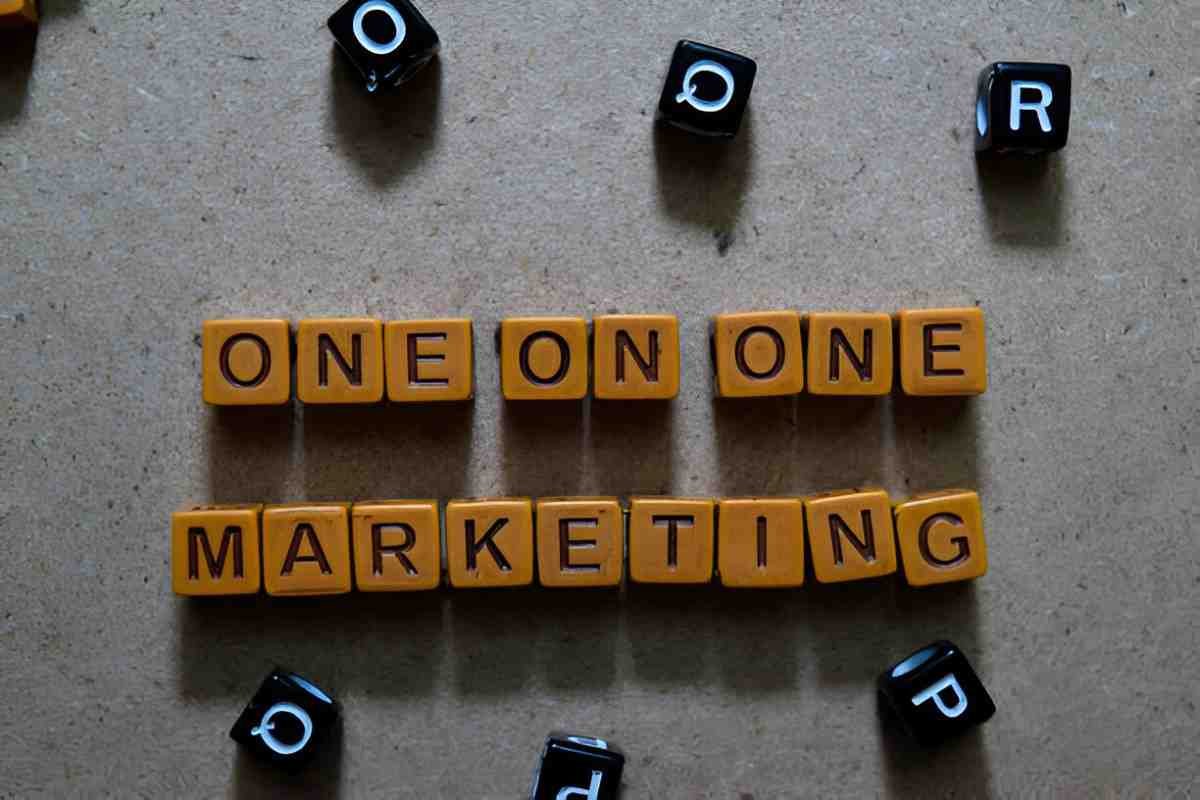Introduction
One-to-one marketing, also known as personalized marketing, has become a cornerstone of modern business strategy. In a world where consumers expect tailored experiences, companies that fail to meet these expectations risk losing customers to competitors who do. I have seen firsthand how businesses that embrace personalized marketing enjoy higher customer engagement, increased loyalty, and ultimately greater profitability. This article breaks down the principles of one-to-one marketing, explores its applications, and provides practical strategies to implement it effectively.
Table of Contents
Understanding One-to-One Marketing
At its core, one-to-one marketing revolves around treating each customer as an individual rather than as part of a broad segment. Traditional mass marketing relies on generalized messages designed to appeal to large groups. In contrast, one-to-one marketing uses customer data to craft messages, offers, and interactions that resonate with individuals.
Key Components of One-to-One Marketing
- Data Collection: Businesses must gather relevant data, including demographics, purchase history, and online behavior.
- Customer Segmentation: Advanced segmentation techniques enable personalized communication based on customer preferences.
- Tailored Messaging: The goal is to send the right message to the right person at the right time.
- Real-Time Interactions: AI and machine learning help businesses adjust interactions in real-time based on customer responses.
- Continuous Optimization: Businesses should analyze campaign performance and refine strategies to improve effectiveness.
Why One-to-One Marketing Matters
Improved Customer Experience
Customers appreciate when brands understand their needs and offer relevant solutions. A positive personalized experience fosters loyalty and enhances brand perception.
Increased Conversion Rates
Tailored messaging leads to higher engagement and conversion rates. Studies show that personalized emails generate six times higher transaction rates than non-personalized ones.
Higher Customer Retention
When customers feel valued, they are more likely to remain loyal. Retaining existing customers is more cost-effective than acquiring new ones.
How to Implement One-to-One Marketing
Step 1: Collect and Analyze Customer Data
Businesses must gather customer data from various sources, including:
- Website analytics
- Purchase history
- Social media interactions
- Customer service inquiries
- Email engagement metrics
Using statistical models, I can analyze this data to predict customer behavior. One such model is the probability of a customer making a repeat purchase:
P(R) = \frac{N_r}{N_t}where:
- P(R) is the probability of repeat purchase,
- N_r is the number of customers who made a repeat purchase,
- N_t is the total number of customers.
Step 2: Develop Personalized Customer Profiles
I create detailed customer profiles using clustering algorithms such as K-means clustering. This helps segment customers into meaningful groups based on attributes such as purchase frequency, spending habits, and engagement levels.
Step 3: Craft Tailored Messages and Offers
Using insights from customer data, I develop personalized offers and messages. A/B testing helps determine which messages yield the highest engagement. For example, if two subject lines are tested:
- Subject A: “Exclusive Offer for You!”
- Subject B: “Get 20% Off – Limited Time!”
I measure their click-through rates (CTR) and use the following formula to determine the percentage increase:
% \text{ Increase} = \frac{\text{CTR}_B - \text{CTR}_A}{\text{CTR}_A} \times 100Step 4: Leverage Technology for Automation
Automation tools enable real-time personalization. I use AI-powered recommendation engines to suggest products based on customer browsing behavior. The collaborative filtering algorithm is commonly used:
S(i,j) = \frac{\sum_{u \in U} (r_{ui} - \bar{r_u})(r_{uj} - \bar{r_u})}{\sqrt{\sum_{u \in U} (r_{ui} - \bar{r_u})^2} \sqrt{\sum_{u \in U} (r_{uj} - \bar{r_u})^2}}where:
- S(i,j) represents similarity between items i and j ,
- r_{ui} is the rating of item i by user u ,
- \bar{r_u} is the average rating of user u .
Step 5: Measure and Optimize Performance
Tracking key performance indicators (KPIs) such as customer lifetime value (CLV), conversion rates, and engagement metrics helps refine marketing efforts. CLV is calculated as:
CLV = \frac{G \times M \times R}{1 + D - R}where:
- G is the average gross margin per customer,
- M is the average number of purchases per year,
- R is the customer retention rate,
- D is the discount rate.
Challenges and Solutions in One-to-One Marketing
| Challenge | Solution |
|---|---|
| Data Privacy Concerns | Ensure compliance with GDPR and CCPA regulations. Use transparent data collection practices. |
| Scalability | Use AI and automation to manage large-scale personalization. |
| High Initial Investment | Focus on long-term ROI. Gradually implement personalized strategies. |
| Integration with Existing Systems | Use API-based solutions to integrate personalization tools seamlessly. |
Conclusion
One-to-one marketing is a powerful approach that enables businesses to foster deeper relationships with customers, increase conversion rates, and improve brand loyalty. By leveraging data analytics, AI, and automation, businesses can create meaningful, personalized experiences that resonate with customers. While challenges exist, the long-term benefits outweigh the initial hurdles. As a marketer, I have seen firsthand how personalization transforms customer engagement and drives sustainable business growth.





